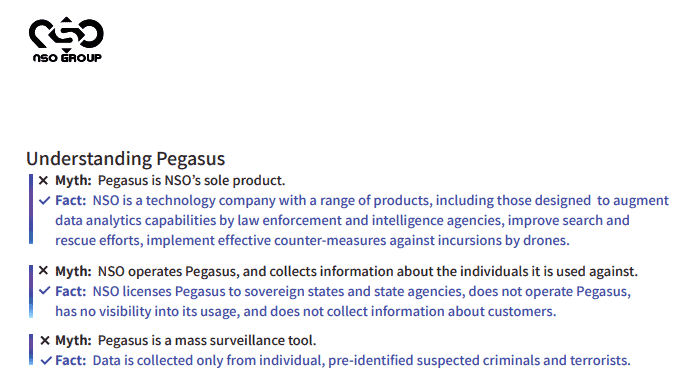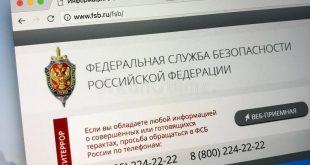The Pegasus app can trigger the phone’s microphone, trigger the phone’s camera, record any movements that appear on the screen, access the device’s GPS, the location of the person being watched. And all this is done without the owner knowing.
Human rights activists, journalists, and opponents worldwide have been spied on through Israeli software called Pegasus.
An investigation by a consortium of 17 media outlets worldwide, including the French at Le Monde, the British from The Guardian, and the Americans at The Washington Post, show it.
The President of the European Commission reacted immediately by saying that “the Pegasus spying scandal is completely unacceptable if it turns out to be true.”
The Israeli company NSO Group was founded in 2011 in Tel Aviv and sold Pegasus spy software that, inserted into a smartphone, can recover messages, photos, and contacts and listen to phone calls.
NSO Group has already been accused, several times, of playing the game of authoritarian regimes. In response, the company explained that its software serves to obtain information against criminal networks or terrorists. It’s a highly sophisticated spy app.
The Investigative Consortium Forbidden Stories and Amnesty International had access to a list set out in 2016, containing 50,000 phone numbers that NSO Group customers selected to oversee.
According to an investigation conducted by 17 newsrooms, this list includes the phone numbers of 180 journalists, 600 political figures, 85 human rights activists, and many business owners.
Among them is the phone number of Mexican journalist Cecilio Pineda Birto, who was killed in Mexico just weeks after appearing on the list.
Foreign correspondents from powerful media outlets – including France 24, Wall Street Journal, CNN, Mediapart, El País, and France Presse – are also on the list.
‘These are shocking facts, which, if they turn out to be real, are very serious,” French Government spokesman Gabriel Attal said on Monday morning that clarification would be sought.
Journalists met with some of the data subjects and recovered 67 phones that made an expert in Amnesty International laboratories. The exam confirmed infection or attempted infection with Israeli spy software in 37 phones. Two phones belong to people close to Saudi journalist Jamal Khashoggi, who was assassinated in 2018 in his country’s consulate in Istanbul by a commando of agents from Saudi Arabia.
For the remaining 30 numbers, the results have not confirmed the existence of the application may be and because their owners have very often changed the phone itself.
This espionage coincides with “a campaign of repression of independent journalism in Morocco”, especially against Omar Radi, an imprisoned investigative journalist. Amnesty International had warned as early as 2020 that Omar Radi’s phone was being spied on through Pegasus.
A president and two heads of government in Europe are on the Pegasus list, with their names to be disclosed in the coming days.
Lenaig Bredoux is a journalist at the French website Mediapart: “This software is not an ordinary one – listening, but it is an extremely powerful program that allows the absorption of all information in a mobile phone. And that’s why it’s very difficult to protect a phone call against Pegasus. Then, importantly, this investigation by Forbidden Stories shows that hundreds of activists, human rights activists, lawyers, journalists were the victims of this computer program at the request of several states. It’s clear that when the phones of trying journalists are tapped, it’s blocking information so that it doesn’t go public. It is an attack on freedom of the press, freedom to inform, a collective attack on public freedoms.”
The Pegasus app can trigger the phone’s microphone, trigger the phone’s camera, record all movements that appear on the screen, access the camera’s GPS, the location of the person being watched. And all this is done without the owner knowing.
Pegasus poses a threat to democracy, says one of the Guardian journalists who took part in the investigation.
On the other hand, NGO, the company that created Pegasus claimed in a recent report that “NSO has rejected over US $300 million in sales opportunities as a result of the review of its human rights processes.”

They claim that the group was founded in 2010 with one key mission: to make the world a safer place by assisting lawful investigations by state authorities to protect the security and safety of citizens against major crimes and terrorism.
 Cyber Security Magazine
Cyber Security Magazine






